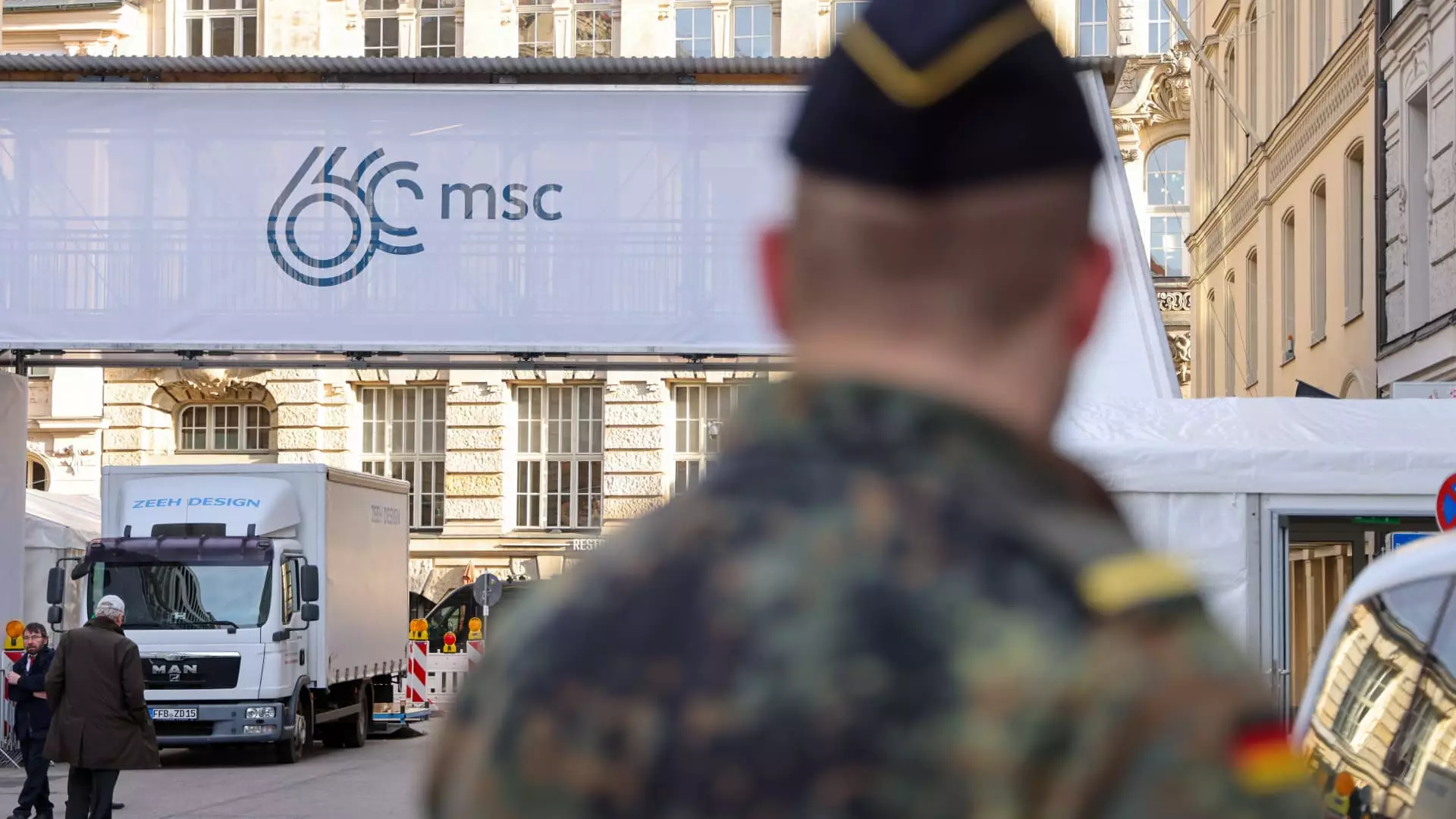The Munich Security Conference, known as the “Davos of Defense,” is set to take place in Munich, Germany, marking its 60th consecutive year. This high-profile event will bring together more than 60 heads of state and over 85 government officials from around the world. With global security issues at the forefront, this year’s conference is anticipated to be exceptionally influential. However, despite its historical significance, the conference faces several critical challenges and uncertainties.
The Ongoing Wars and Paths to Resolution
One of the primary topics of discussion at the Munich Security Conference will undoubtedly be the ongoing wars in Europe and the Middle East. These conflicts have posed significant challenges to global stability and have drawn attention to the urgent need for resolution. The conference will provide a platform for leaders to engage in dialogue, explore potential solutions, and strategize for lasting peace.
Indo-Pacific Tensions and NATO Expansion
Rising tensions in the Indo-Pacific region and the expansion of NATO are two critical issues that demand attention at the conference. The Indo-Pacific has experienced mounting tensions due to territorial disputes and military build-up. It is crucial for global leaders to address these conflicts and seek diplomatic resolutions to prevent further escalation.
Additionally, NATO expansion is a topic of concern as it directly impacts global security dynamics. The potential return of Donald Trump to the White House adds another layer of complexity to the discussion. Trump’s recent remarks regarding NATO members’ defense spending targets raise questions about the future direction of the alliance. This uncertainty calls for a robust and thorough exploration of NATO’s role in the current geopolitical landscape.
The specter of Donald Trump’s potential re-election looms over the Munich Security Conference. His controversial statements about encouraging Russia’s actions towards NATO members who fail to meet their defense spending commitments have raised alarm among global leaders. However, Russian President Vladimir Putin’s preference for a “more predictable” President Joe Biden in the 2024 U.S. election provides an intriguing twist to the narrative. The dynamics between these key figures shape the conversation around global security and will undoubtedly be a central theme throughout the conference.
The Munich Security Conference will witness an impressive array of high-level delegates sharing their perspectives. Ukrainian President Volodymyr Zelenskyy will seek increased military and financial support as Russia’s full-scale offensive enters its third year. The ongoing Israel-Hamas war will be addressed by Israeli President Isaac Herzog and Palestinian Prime Minister Mohammad Shtayyeh. Their presence highlights the urgent need for peace in the region and emphasizes the significance of finding a resolution.
Other prominent political figures, including U.S. Secretary of State Anthony Blinken, Chinese Minister of Foreign Affairs Wang Yi, German Chancellor Olaf Scholz, and U.S. Vice President Kamala Harris, will also contribute to the discussions. Their viewpoints and policy stances will shape the direction of global security efforts, making their involvement at the conference vital.
Heightened Security Measures
Given the gravity of the Munich Security Conference and the presence of numerous high-profile figures, stringent security measures have been implemented. Munich has witnessed the deployment of 5,000 additional police officers, visible reinforcement vehicles on major thoroughfares, and sealed-off roads. These measures aim to mitigate security risks and address the possibility of public backlash. The organizers are also well-prepared for potential protests, with at least 20 demonstrations expected. One such protest will focus on highlighting alleged human rights abuses by Iran.
Public Sentiment and Political Leadership
The release of the Munich Security Index 2024 earlier this week revealed an intriguing disconnect between public sentiment and political leadership. The index indicated that voters are more concerned about non-traditional security risks, such as mass migration and climate change, than traditional hard security threats. This finding underscores the need for policymakers to align their strategies and priorities with the evolving concerns and realities faced by their constituents.
The Munich Security Conference 2022 is poised to be a significant event in global security discourse. With the backdrop of ongoing wars, Indo-Pacific tensions, NATO expansion, and the potential return of Donald Trump, the conference provides a platform for leaders to address critical challenges and seek paths to resolution. However, the conference must navigate uncertainties and varying perspectives to ensure impactful discussions and meaningful outcomes. As global security continues to evolve, the need for conferences like these becomes increasingly vital to foster collaboration and understanding among nations.

Leave a Reply